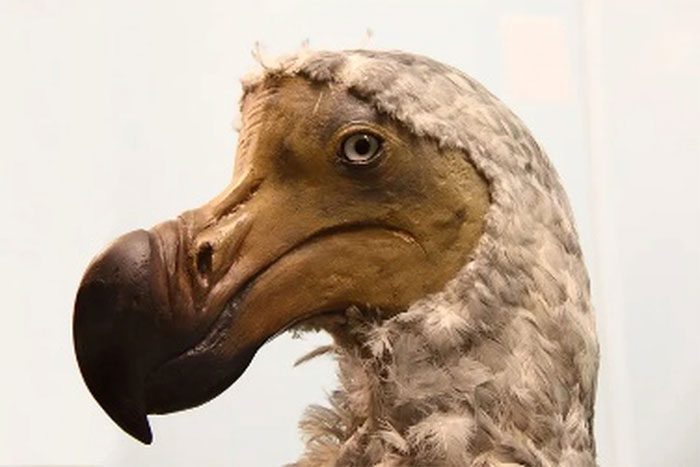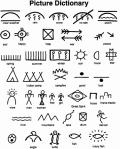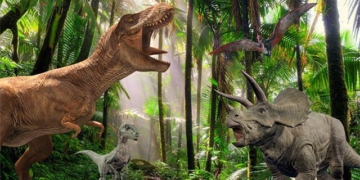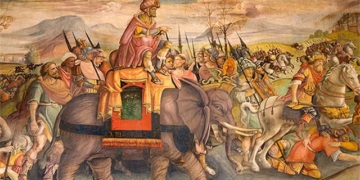Without an effective conservation strategy, the extinction of bird species will have catastrophic consequences.
The human impact on nature has not only caused hundreds of bird species to disappear but also fundamentally altered the crucial roles these animals play in the global environment.
A study conducted by the University of Birmingham, UK, has warned about the crisis of biodiversity loss that the world is currently facing.
Specifically, scientists have assessed the consequences of the rapid decline of bird species today on ecosystems in the future. The information they gathered is vital for helping countries set effective global nature conservation goals, restore ecosystems, and rebuild wildlife.

The extinction of the Dodo bird led to the extinction of other species on the island of Mauritius (Photo: Gunter Hofer).
Approximately 600 bird species are believed to have gone extinct in the last 12,000 years, disrupting the natural order in their native habitats.
Monitoring the impact of each bird species’ disappearance is crucial to provide insights into the potential consequences of the mass extinction of other bird species in the future on the environment as a whole.
Dr. Tom Matthews, the lead researcher, stated: “Each species has a role or function in the environment, and thus they play a crucial role in the ecosystem.”
Some bird species feed on harmful insects, preventing them from proliferating, while scavenger birds recycle dead matter, and others eat fruits and disperse seeds, promoting plant growth. Certain species, like hummingbirds, are vital pollinators for flowers. When these creatures die, their important roles are lost as well.
It is well known that humans are the dominant species and also the cause of the sudden extinction of other species that have coexisted on this planet for thousands of years.
Since the first humans appeared in Africa about 300,000 years ago and began migrating globally, we have continuously exploited the Earth’s natural resources.
When humans abandoned a nomadic lifestyle and began settling in communities and farming on land around 12,000 years ago, the inevitable extinction rate of other species increased rapidly.
Their habitats were taken for agricultural purposes, affecting local biodiversity, and hunting wild animals for food as well as to protect humans from predatory species diminished populations, leading to the extinction of many entire animal families.
Such cases are referred to as human-caused changes in nature.
The University of Birmingham study highlights the negative impacts of losing bird species on the natural environment. Scientists found that the disappearance of each specific bird species causes extensive effects, not just the immediate visible damages.
Visible damages we are witnessing include decreased pollination of flowering plants, reduced seed dispersal capabilities, disrupted top-down population control of insects, including many pest species and disease vectors, as well as increased disease outbreaks due to reduced decomposition of dead matter.
However, the consequences are not limited to these direct impacts; scientists have noted that the extinction of a species will halt its natural evolution, or the diversification of species, fundamentally changing the development of the entire environment.
For example, reduced pollination ability of flowers affects not only an individual but also the entire group of plant species in their ability to adapt to climate change.
Dr. Matthews assesses that the research findings indicate that the current extinction crisis is not only related to species numbers but also highlights the urgent need for us to understand and predict the impacts of human-caused extinction on ecosystems.





















































